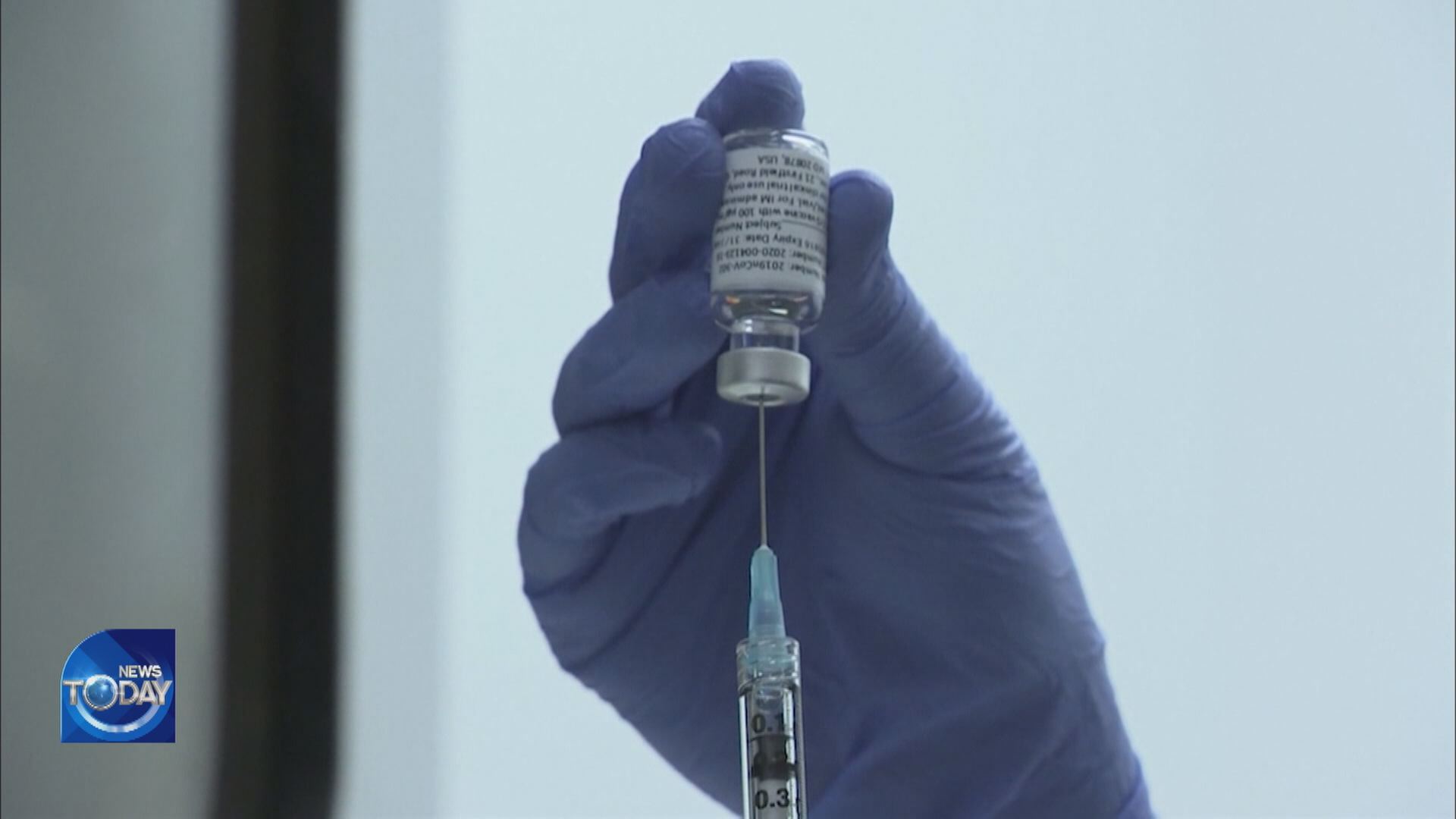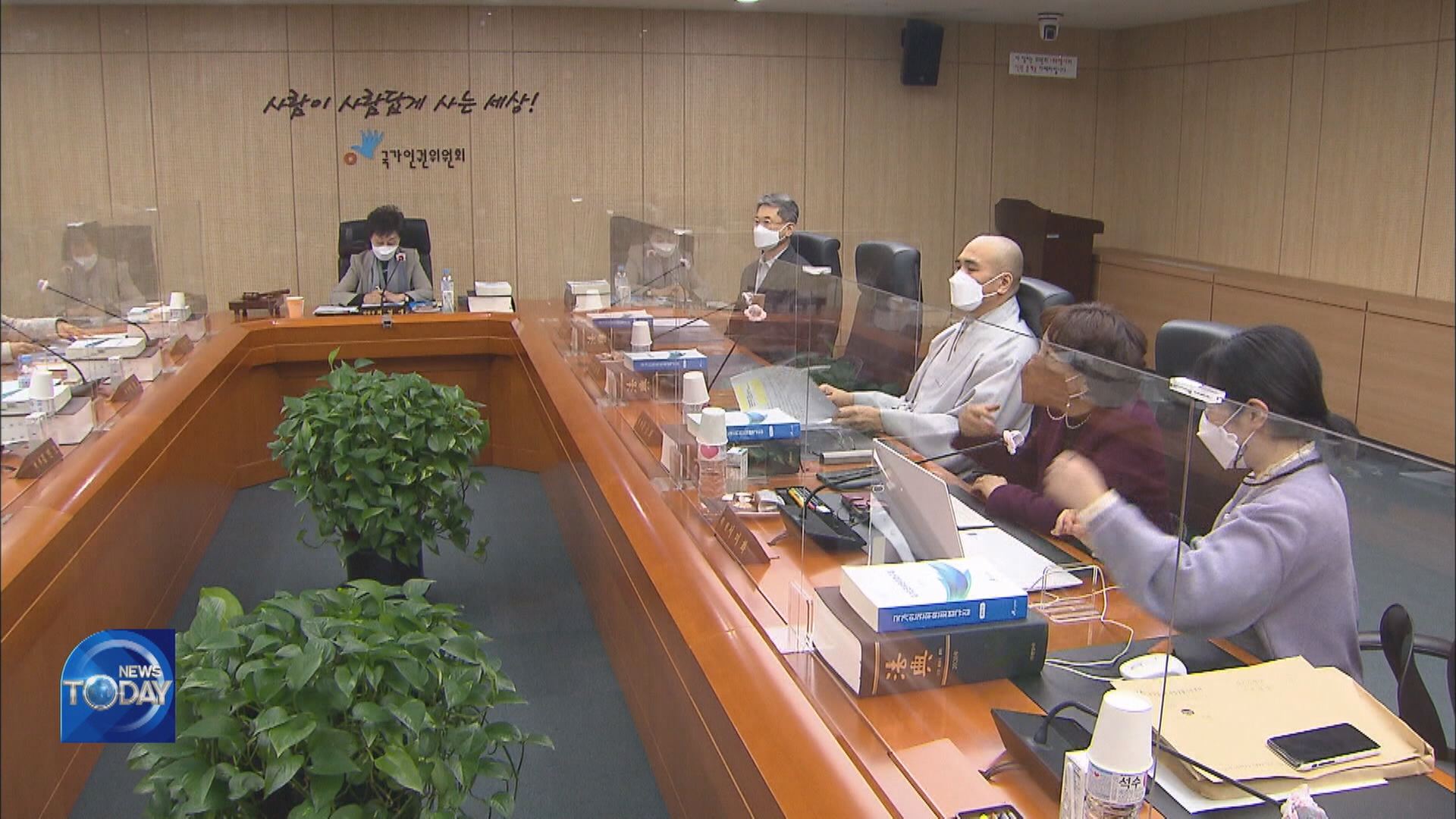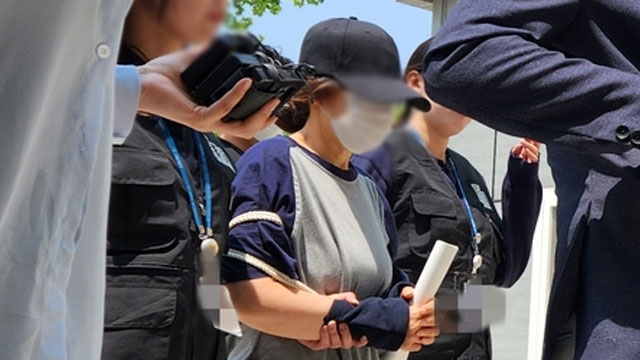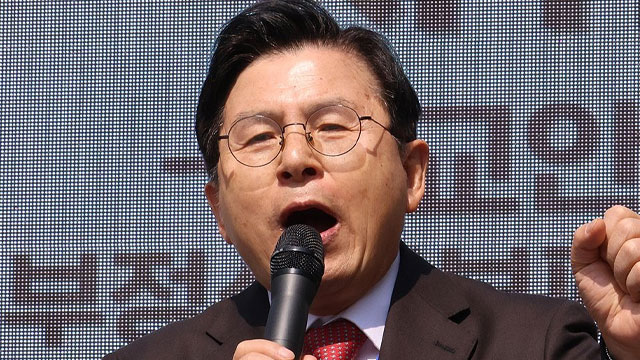PLANS ON COVID-19 VACCINATIONS
입력 2021.01.26 (15:07)
수정 2021.01.26 (16:46)
읽어주기 기능은 크롬기반의
브라우저에서만 사용하실 수 있습니다.
[Anchor Lead]
South Korea has marked the first year since reporting its very first COVID-19 patient, and health authorities plan to achieve herd immunity by November this year. In a New Year briefing, officials said the first domestic COVID-19 treatment will gain regulatory approval early next month while a homegrown vaccine will also be developed by the year's end.
[Pkg]
The government has cited vaccine and treatment as key to COVID-19 quarantine efforts this year. Vaccines will start to arrive from next month... And the plan is to vaccinate 70% of the population with the first doses by September and achieve herd immunity by November. South Korea has so far secured enough vaccine supplies for 56 million people. If an additional volume of the Novavax vaccine for 20 million people is also introduced, this makes the total sufficient for 76 million. The order of vaccine administration has also been unveiled. Priority groups who will be inoculated in the first quarter include high-risk health care workers at hospitals, convalescent hospitals and elderly care facilities. Seniors 65 and older and those working at other medical facilities and senior welfare facilities will then receive shots in the second quarter. Adults aged 19 to 64 and patients with chronic illnesses will be vaccinated in the third quarter while the rest of the population and those needing their second doses will receive shots in the 4th quarter. The type of vaccine will also determine the location of vaccination. For instance the Pfizer and Moderna vaccines are an mRNA type vaccine, requiring cold chain storage at extremely low temperatures. People receiving these two vaccines will be guided to one of the 250 vaccination centers nationwide where such storage facility has been installed. Meanwhile AstraZeneca's viral vector vaccine can be stored using regular refrigeration and therefore ten-thousand hospitals nationwide will be handling this vaccine. South Korea also aims to develop a homegrown vaccine within this year.
[Soundbite] KIM GANG-LIP(MINISTER OF FOOD & DRUG SAFETY) : "With the goal to develop a domestic treatment by early February and vaccines by year-end, the government will provide support to the very end to achieve vaccine independence and will also boost capabilities to better respond to new infectious diseases in the future."
If all related procedures proceed without a hitch, approval for vaccines and treatments is expected to be completed next month. The Ministry of Food and Drug Safety on Monday began reviewing the Pfizer vaccine for authorization after receiving its application. Meanwhile the government believes the current ban on personal gatherings of 5 or more people has been especially effective in preventing contacts between people, and will consider whether to extend the ban through next month's Lunar New Year holiday when families typically get together.
South Korea has marked the first year since reporting its very first COVID-19 patient, and health authorities plan to achieve herd immunity by November this year. In a New Year briefing, officials said the first domestic COVID-19 treatment will gain regulatory approval early next month while a homegrown vaccine will also be developed by the year's end.
[Pkg]
The government has cited vaccine and treatment as key to COVID-19 quarantine efforts this year. Vaccines will start to arrive from next month... And the plan is to vaccinate 70% of the population with the first doses by September and achieve herd immunity by November. South Korea has so far secured enough vaccine supplies for 56 million people. If an additional volume of the Novavax vaccine for 20 million people is also introduced, this makes the total sufficient for 76 million. The order of vaccine administration has also been unveiled. Priority groups who will be inoculated in the first quarter include high-risk health care workers at hospitals, convalescent hospitals and elderly care facilities. Seniors 65 and older and those working at other medical facilities and senior welfare facilities will then receive shots in the second quarter. Adults aged 19 to 64 and patients with chronic illnesses will be vaccinated in the third quarter while the rest of the population and those needing their second doses will receive shots in the 4th quarter. The type of vaccine will also determine the location of vaccination. For instance the Pfizer and Moderna vaccines are an mRNA type vaccine, requiring cold chain storage at extremely low temperatures. People receiving these two vaccines will be guided to one of the 250 vaccination centers nationwide where such storage facility has been installed. Meanwhile AstraZeneca's viral vector vaccine can be stored using regular refrigeration and therefore ten-thousand hospitals nationwide will be handling this vaccine. South Korea also aims to develop a homegrown vaccine within this year.
[Soundbite] KIM GANG-LIP(MINISTER OF FOOD & DRUG SAFETY) : "With the goal to develop a domestic treatment by early February and vaccines by year-end, the government will provide support to the very end to achieve vaccine independence and will also boost capabilities to better respond to new infectious diseases in the future."
If all related procedures proceed without a hitch, approval for vaccines and treatments is expected to be completed next month. The Ministry of Food and Drug Safety on Monday began reviewing the Pfizer vaccine for authorization after receiving its application. Meanwhile the government believes the current ban on personal gatherings of 5 or more people has been especially effective in preventing contacts between people, and will consider whether to extend the ban through next month's Lunar New Year holiday when families typically get together.
■ 제보하기
▷ 카카오톡 : 'KBS제보' 검색, 채널 추가
▷ 전화 : 02-781-1234, 4444
▷ 이메일 : kbs1234@kbs.co.kr
▷ 유튜브, 네이버, 카카오에서도 KBS뉴스를 구독해주세요!
- PLANS ON COVID-19 VACCINATIONS
-
- 입력 2021-01-26 15:07:16
- 수정2021-01-26 16:46:24

[Anchor Lead]
South Korea has marked the first year since reporting its very first COVID-19 patient, and health authorities plan to achieve herd immunity by November this year. In a New Year briefing, officials said the first domestic COVID-19 treatment will gain regulatory approval early next month while a homegrown vaccine will also be developed by the year's end.
[Pkg]
The government has cited vaccine and treatment as key to COVID-19 quarantine efforts this year. Vaccines will start to arrive from next month... And the plan is to vaccinate 70% of the population with the first doses by September and achieve herd immunity by November. South Korea has so far secured enough vaccine supplies for 56 million people. If an additional volume of the Novavax vaccine for 20 million people is also introduced, this makes the total sufficient for 76 million. The order of vaccine administration has also been unveiled. Priority groups who will be inoculated in the first quarter include high-risk health care workers at hospitals, convalescent hospitals and elderly care facilities. Seniors 65 and older and those working at other medical facilities and senior welfare facilities will then receive shots in the second quarter. Adults aged 19 to 64 and patients with chronic illnesses will be vaccinated in the third quarter while the rest of the population and those needing their second doses will receive shots in the 4th quarter. The type of vaccine will also determine the location of vaccination. For instance the Pfizer and Moderna vaccines are an mRNA type vaccine, requiring cold chain storage at extremely low temperatures. People receiving these two vaccines will be guided to one of the 250 vaccination centers nationwide where such storage facility has been installed. Meanwhile AstraZeneca's viral vector vaccine can be stored using regular refrigeration and therefore ten-thousand hospitals nationwide will be handling this vaccine. South Korea also aims to develop a homegrown vaccine within this year.
[Soundbite] KIM GANG-LIP(MINISTER OF FOOD & DRUG SAFETY) : "With the goal to develop a domestic treatment by early February and vaccines by year-end, the government will provide support to the very end to achieve vaccine independence and will also boost capabilities to better respond to new infectious diseases in the future."
If all related procedures proceed without a hitch, approval for vaccines and treatments is expected to be completed next month. The Ministry of Food and Drug Safety on Monday began reviewing the Pfizer vaccine for authorization after receiving its application. Meanwhile the government believes the current ban on personal gatherings of 5 or more people has been especially effective in preventing contacts between people, and will consider whether to extend the ban through next month's Lunar New Year holiday when families typically get together.
South Korea has marked the first year since reporting its very first COVID-19 patient, and health authorities plan to achieve herd immunity by November this year. In a New Year briefing, officials said the first domestic COVID-19 treatment will gain regulatory approval early next month while a homegrown vaccine will also be developed by the year's end.
[Pkg]
The government has cited vaccine and treatment as key to COVID-19 quarantine efforts this year. Vaccines will start to arrive from next month... And the plan is to vaccinate 70% of the population with the first doses by September and achieve herd immunity by November. South Korea has so far secured enough vaccine supplies for 56 million people. If an additional volume of the Novavax vaccine for 20 million people is also introduced, this makes the total sufficient for 76 million. The order of vaccine administration has also been unveiled. Priority groups who will be inoculated in the first quarter include high-risk health care workers at hospitals, convalescent hospitals and elderly care facilities. Seniors 65 and older and those working at other medical facilities and senior welfare facilities will then receive shots in the second quarter. Adults aged 19 to 64 and patients with chronic illnesses will be vaccinated in the third quarter while the rest of the population and those needing their second doses will receive shots in the 4th quarter. The type of vaccine will also determine the location of vaccination. For instance the Pfizer and Moderna vaccines are an mRNA type vaccine, requiring cold chain storage at extremely low temperatures. People receiving these two vaccines will be guided to one of the 250 vaccination centers nationwide where such storage facility has been installed. Meanwhile AstraZeneca's viral vector vaccine can be stored using regular refrigeration and therefore ten-thousand hospitals nationwide will be handling this vaccine. South Korea also aims to develop a homegrown vaccine within this year.
[Soundbite] KIM GANG-LIP(MINISTER OF FOOD & DRUG SAFETY) : "With the goal to develop a domestic treatment by early February and vaccines by year-end, the government will provide support to the very end to achieve vaccine independence and will also boost capabilities to better respond to new infectious diseases in the future."
If all related procedures proceed without a hitch, approval for vaccines and treatments is expected to be completed next month. The Ministry of Food and Drug Safety on Monday began reviewing the Pfizer vaccine for authorization after receiving its application. Meanwhile the government believes the current ban on personal gatherings of 5 or more people has been especially effective in preventing contacts between people, and will consider whether to extend the ban through next month's Lunar New Year holiday when families typically get together.
이 기사가 좋으셨다면
-
좋아요
0
-
응원해요
0
-
후속 원해요
0










![[HEADLINE]](https://news.kbs.co.kr/data/news/title_image/newsmp4/news_today/2021/01/26/10_5103638.jpeg)






이 기사에 대한 의견을 남겨주세요.